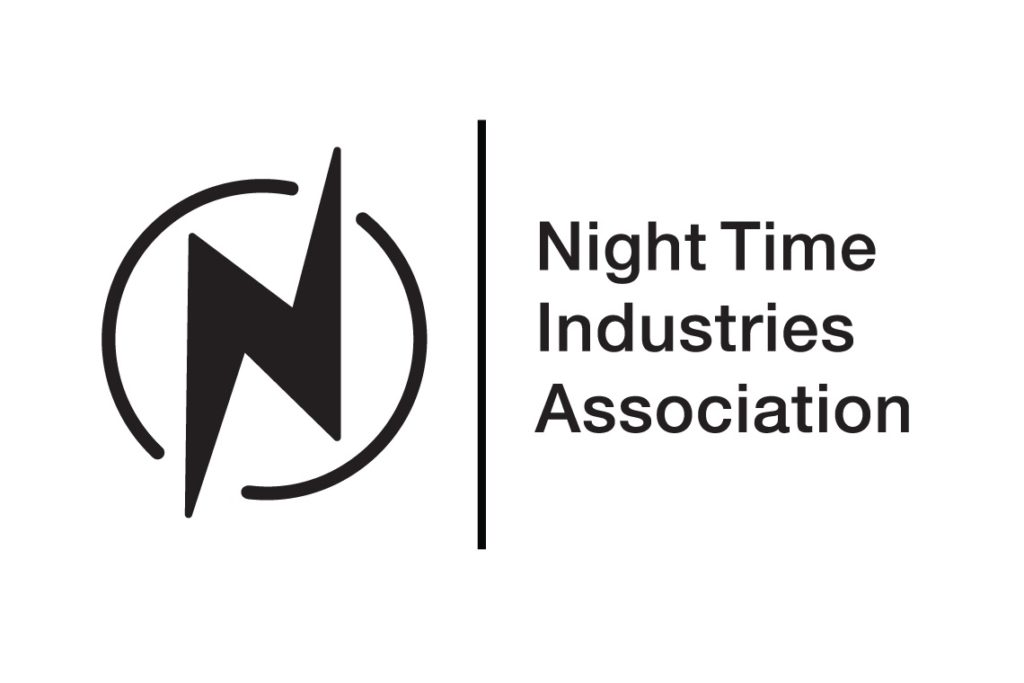
NTIA Predict Perfect Storm One Month on From Freedom Day
Businesses were elated following the announcement of Freedom Day on the 19th July, but after only 17 hours and at the height of the sector’s optimism, the Government announced plans to u-turn on Covid Passports at the end of September, suggesting that every person attending a nightclub or mass gatherings would need to be double vaccinated. The industry felt like their moment had been taken, and the very freedom that they had fought for, was marred with the realisation that Covid Passports which had in all intents and purposes been defeated were back on the table.
Since opening their doors, the support for businesses has been overwhelming, with many businesses operating over 100% of pre covid trade, bookings and tickets have been exceptional. However, whilst trading levels have exceeded all expectations, the real fallout of the pandemic has now come to light.
Staff shortages have been a huge issue across sectors, no more so in the Late-Night Economy. Many staff pre covid have found new work and have decided to step away from this sector leaving some considerable voids. Security personnel shortages meant businesses with conditions on their licenses that require security have suffered with closure or limited operating hours. Supply chains similarly are struggling with drivers, and infrastructure, limiting the delivery of stock and key operating supplies to businesses.
Feedback from businesses within the late night sector suggested that if Covid Passports were mandated, businesses would see a drop of over a ⅓ of trade overnight in these settings, and the staffing issues would intensify with many suggesting they would leave the sector if they were forced to be vaccinated to work within the sector.
Amongst all of this there has been a steady decline in infections and mortality rates in recent weeks, bringing about a confidence in the sector’s ability to deliver safe environments, reinforced by the NHS Track and Trace data from the Events Research Programme released this week. There is a level of cynicism amongst many, that if rates rise as schools and universities return the narrative will turn as it did throughout last year with the sector being identified as the cause. The uncertainty around what the trading environment will look like from October, is starting to affect future business. Bookings and ticket sales have stalled and many against the idea of Covid Passports or vaccines are requesting thousands of pounds worth of refunds.
Michael Kill CEO NTIA says: “Mr Johnson, the industry has supported your public health strategy for over 18 months, proving we can operate safely, without affecting infection rates as many felt we would, so give credit where it is due and allow the industry the freedom to determine its own mitigations as has been done for many years prior this pandemic, but more importantly do not mandate Covid Passports.”
“Our Industry has been exceptional at managing businesses and public health within these settings during this pandemic. As your very words had suggested this year, we will not turn back, and we cannot be subject to mitigations which are ill thought out and are clearly not supported both publicly, politically and industry wide.”
“Contrary to popular belief much of our core market and workforce will not accept being coerced into taking the vaccine, the workforce is shrinking and illegal events are being organized today in light of the impending restrictions, how can this be anything but counterproductive.”
“Our industry cannot be blamed or subject to the failings or impact of other settings, it is abundantly clear the impact of opening our sector has not impacted rates to levels suggested.”
“It’s important that the Government recognise the value of our contribution, end the uncertainty, and work with us in recognising the impact of proposed measures.”
